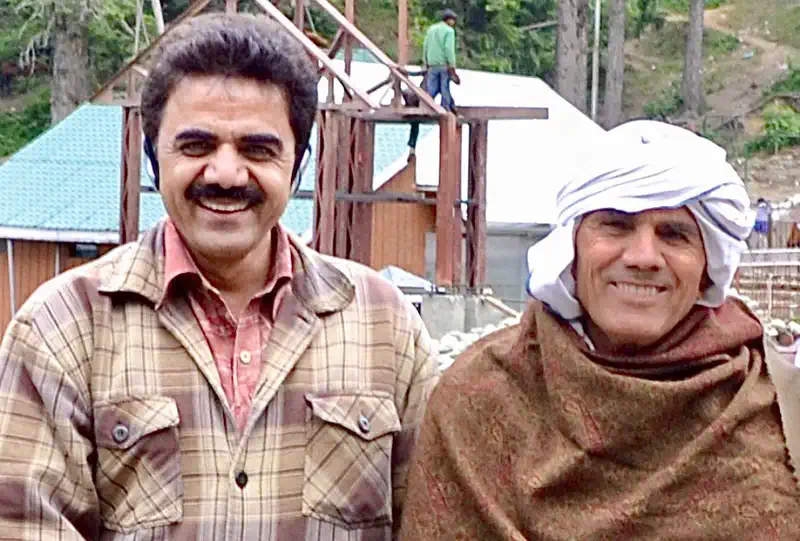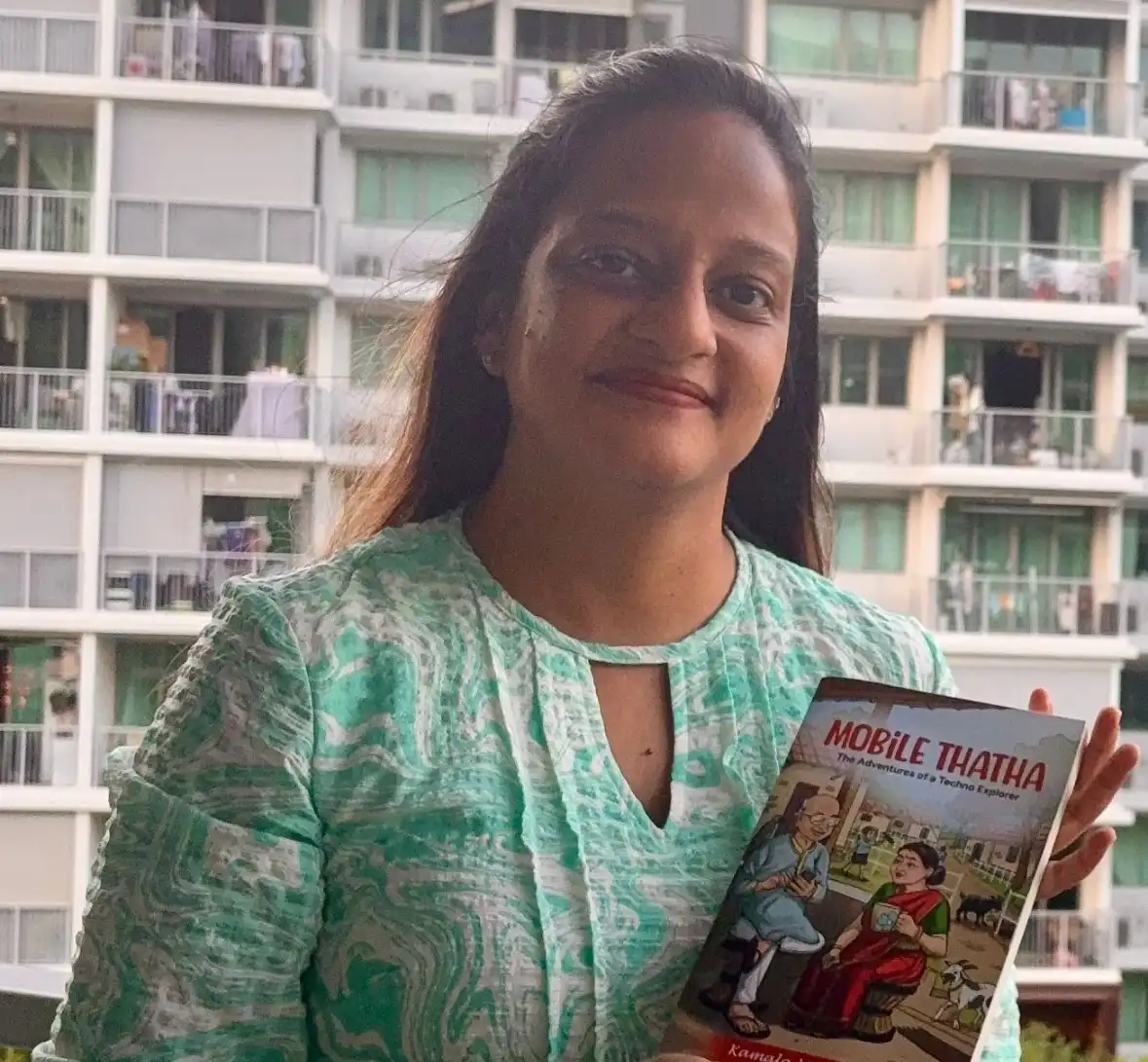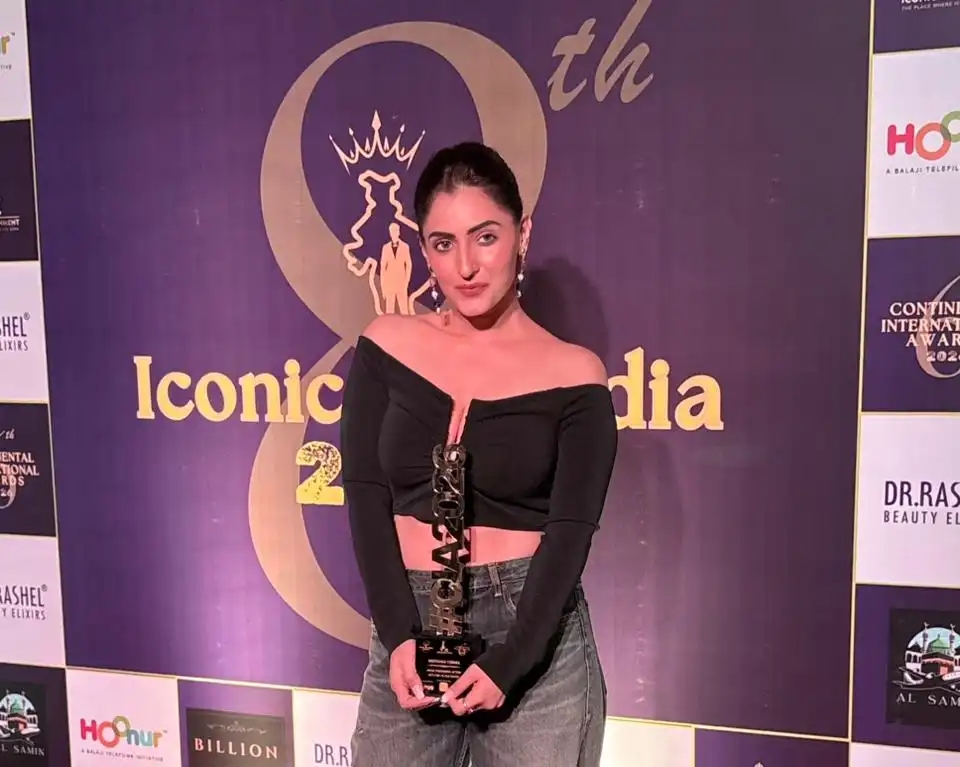Jahangir National University actor Ashok Kumar Beniwal lost his father and mother, his elder sister and six other relatives in the 2013 Kedarnath Flood. And though not a day goes by when he doesn’t miss them, he still follows all that he has learned from his father. Sharing his thoughts on the occasion of Father’s Day, he said, “From my father, I learned the values of hard work, focus, and dedication. He had a saying: ‘Ratant vidya, pachant kheti’ which means if you focus on your studies, you will gain knowledge, and if you put in physical effort, you will succeed in farming.”
“He emphasized that you need to decide what you want to do—if you want to excel in studies, it will require mental effort, and if you want to succeed in farming, it will require physical labor. He always respected and helped others, often putting them ahead of himself. However, I later learned that it’s also important to think about oneself while also considering others,” he added. He agrees that fathers are less expressive and says, “My father never expressed his own desires and rarely got any opportunities to do so. Even when he had the chance, such as on tours organized by the association for lawyers, he never took them. He would mention these opportunities later, saying that other lawyers went on those tours. We would occasionally discuss it, asking why he didn’t go, but he would just leave it at that. We felt that he thought that if he went, the work would not continue smoothly. He scarified his all own wishes for the well being of family, relatives and the society. He never expressed his desires, especially in front of his children.”
“However, as a father myself now, I make sure to discuss everything with my daughter. The lack of openness I felt in my relationship with my father is something I’ve consciously avoided. I ensure that this doesn’t continue and that my daughter and I have open discussions about everything,” he added.
A movie that had a strong father’s role and resonated with you? “Father-son relationships have been depicted in many films, showing strong emotions, and I’ve connected with them very well. My favorite film in this regard is Gardish. At that time, it was a phase when I had been facing some health challenges since childhood, so my father took a big risk and started a Maruti authorized workshop. He used to manage the business at that time, and there were clashes between us, which I saw as progress in disguise, and my father also believed I was right. But he was also a farmer and a social worker, so the business wouldn’t work out in that capacity,” he said.
“There was a clash between us, not because of any external conflict, but because of his ego. He accepted that it was his ego and told me to handle it better, as I handled things better. However, he would come and do things according to his own will, which often caused losses. Many times, due to this, I related so much to Gardish because, at that time, we had a long-standing issue between me and my father. Then he eventually left the business. I used to watch that film many times, and I wanted my father to watch it too. At that time, my father couldn’t watch the film because he was so emotional. Yes, he was a very emotional person; he would start crying even at the slightest emotional scene.”





